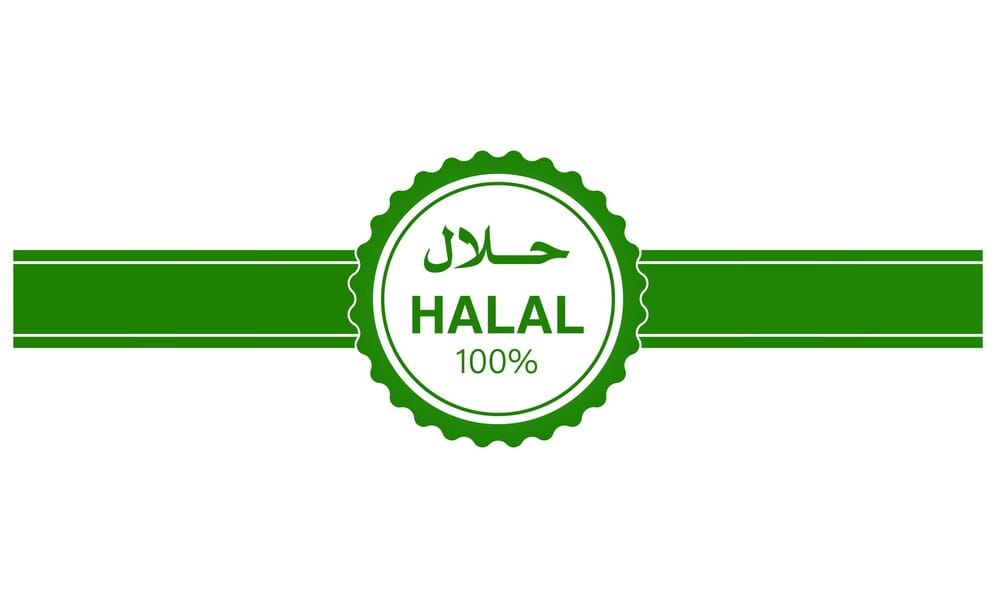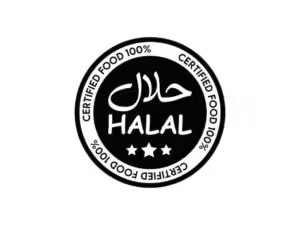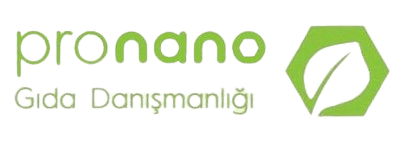
The Halal food industry is growing rapidly worldwide, making it imperative for companies looking to enter this market to ensure that their products comply with Sharia standards. Halal food consulting plays a crucial role in helping companies meet halal requirements and maintain the reputation of their products.
In this article, we will discuss the importance of halal food consulting, the halal standards that must be observed, and the role of halal consulting in achieving compliance
What is halal food?
Halal definition
Halal is anything that is permissible according to Islamic law. In relation to food, the word “halal” means that food and drink must comply with a set of religious controls and standards set by Sharia. These standards include the method of slaughtering animals, the source of ingredients, and the tools used in production.
The importance of halal in the food market
With the increasing number of Muslims around the world and the growing awareness of the concept of halal, the demand for halal food has increased. Companies looking to enter this market or expand their business need a deep understanding of halal requirements, which makes halal food consulting essential to ensure compliance and achieve commercial success
Halal Standards in the Food Industry
Basic Requirements for Halal Food
Halal standards include many aspects related to the source of food and the method of preparation. The most important of these requirements are:
Source of meat: The animal whose meat is used must have been slaughtered according to the Islamic method. This requires a specific slaughtering process that includes mentioning the name of Allah during slaughter and draining the blood completely.
Ingredients used: All ingredients used in the food must be halal, including additives and stabilizers. The use of any ingredients containing pork or its derivatives is prohibited.
Manufacturing and production: The production process must take place in a clean environment free from contamination with non-halal ingredients
Challenges facing companies
Companies face many challenges when trying to comply with halal standards. The most prominent of these challenges is understanding the exact requirements and Sharia controls, in addition to dealing with the supply of ingredients and ensuring their sources. Therefore, halal food consulting comes as an effective solution to help companies overcome these obstacles
Importance of Halal Food Consulting
The Role of Halal Consultants
Halal food consulting provides expert guidance to companies seeking Halal certification or improving their operations to ensure compliance. A Halal consultant helps analyze the supply chain and provides recommendations on how to improve production processes to comply with Halal standards.
Business Benefits of Halal Consulting
Halal food consulting is an important investment for any company that wants to succeed in the growing Halal food market. By working with Halal consultants, companies can:
Increase sales: Compliance with Halal standards allows access to a wider base of Muslim consumers.
Improve quality: Halal consulting helps improve the quality of products and ensure they are safe and free of non-Halal ingredients.
Regulatory compliance: Many countries impose strict standards on Halal foods, and Halal consulting ensures compliance with these legal requirements.
How is Halal Food Consulting done?
Halal Food Consulting Stages
Halal food consulting goes through several main stages to ensure full compliance with the standards:
1-Initial assessment: Consultants analyze the current processes in the company to identify areas that need improvement.
2-Development of solutions: After the assessment, practical solutions are provided to the company to help it meet halal requirements.
3-Implementation and training: Consultants help companies implement the proposed solutions, and train employees to follow the new standards.
4-Continuous review: To ensure permanent compliance, halal food consulting provides continuous review services to improve production processes.
Halal Certification: The Final Step
How to Get Halal Certification
Halal certification is a document that proves that a product complies with halal standards. To obtain this certification, companies need to work with an accredited body that grants halal certification after conducting a thorough inspection of the products and processes. Halal food consulting facilitates this process by providing guidance on how to ensure that the requirements are met to successfully obtain the certification.
Global Halal Food Market
Halal Food Market Expansion
In recent years, the halal food market has witnessed tremendous expansion globally. With the increasing number of Muslims and the increasing demand for halal products, companies in various food industries have become aware of the importance of meeting these needs. According to reports, the size of the global halal food market is expected to exceed trillions of dollars in the near future. This growth represents a golden opportunity for companies wishing to enter this market and expand their activities.
Demand for Halal Certification in Non-Muslim Markets
Even in countries where Muslim communities are not the majority, such as Europe and the United States, the demand for halal products is increasing. This is due to the awareness of Muslim consumers to verify the quality and method of production of the food they consume. Therefore, obtaining a halal certificate represents a competitive advantage for companies seeking to expand their presence in global markets.
Challenges facing companies in complying with halal standards
1-Multiplicity of standards and their differences between countries
One of the biggest challenges facing companies in this field is that halal standards may differ between countries. Some countries have very strict requirements, while standards in other countries are more flexible. For example, some countries may require the presence of Sharia inspectors at all stages of production to ensure that all procedures are in compliance with Islamic law, while other countries may suffice with a final inspection of the product.
2-Accidental contamination with non-halal materials
One of the problems that companies may face in complying with halal standards is accidental contamination with non-halal materials. For example, if the same equipment is used to prepare non-halal products, this may lead to contamination of halal products, making them unacceptable according to Sharia. Halal consultants help companies put in place strict procedures to ensure complete separation between halal and non-halal products.
The Role of Technology in Enhancing Halal Food Consulting
Technology Solutions to Enhance Compliance
With the advancement of technology, it has become possible to use advanced technology solutions to ensure compliance with halal standards. Technologies such as blockchain supply chain tracking allow for accurate monitoring of the source of ingredients and ensuring their compliance with Islamic law. Artificial intelligence applications also help analyze production processes and identify potential risks that may lead to violations of halal standards.
Digital Inspection for Compliance
Advances in digital inspection technology can contribute to improving the inspection process of products and factories to ensure compliance with halal standards. Instead of relying solely on manual inspection, digital systems can be used to continuously monitor the production process and provide immediate reports on any potential violations.![]()
Compliance with Halal standards is a crucial step for companies looking to enter the Halal food market or improve their current operations. Through Halal food consulting, companies can achieve compliance, avoid the risks of non-compliance, and ensure that they provide high-quality products that meet the needs of Muslim consumers.
At the end of this article, we would like to highlight ProNano Food Manufacturing Consulting, which provides specialized services in the field of Halal food consulting. With its specialized team and accumulated experience, ProNano provides comprehensive solutions for companies seeking to comply with Halal standards. Whether it is supply chain analysis, Halal training, or even Halal certification, ProNano provides full support to ensure your success in the Halal food market.
If you are interested in specialized consultations in the field of Halal food consulting, ProNano is the ideal choice to provide effective solutions that ensure compliance and achieve commercial success. Do not hesitate to contact the company for more information and customized consultations.
Read more about establishing a tortilla bread factory



